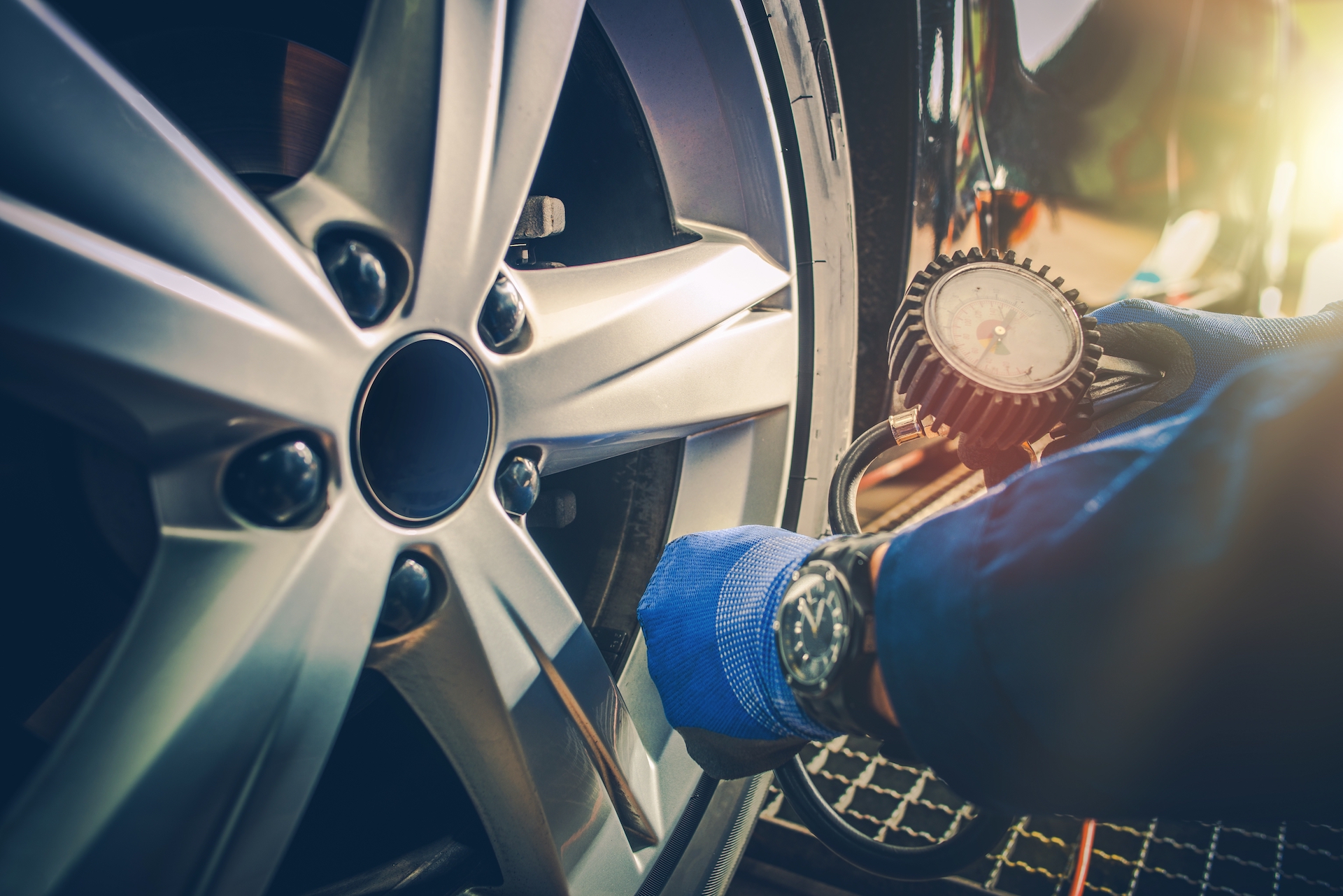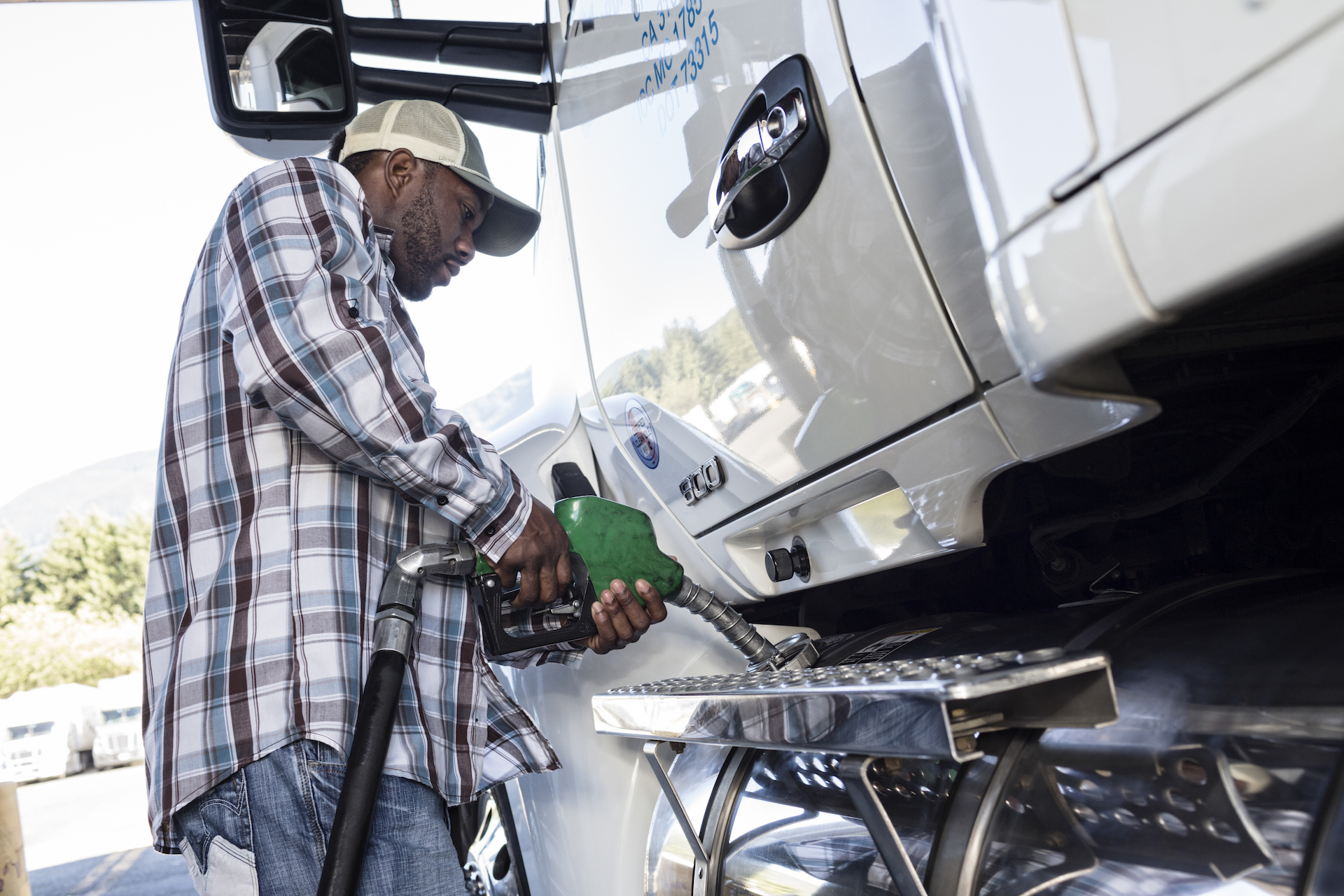
When it comes to truck driving jobs in Nashville, TN, your rig is your most valuable asset. It’s important to keep everything in optimal condition, and tire pressure is no exception. That’s where a tire pressure monitoring system (TPMS) can give drivers real-time data about their rig’s tire pressure.
In this article, we will delve into what a TPMS is, how it works, the benefits of installing one on your truck, and the current & future trends in the TPMS market. Then we’ll wrap up by explaining why it’s a worthwhile investment.
Tire Pressure Monitoring System
As the name implies, a tire pressure monitoring system (TPMS) is a device installed on your rig that monitors tire pressure and relays that information back to the driver. The sensors are placed on the wheel before the actual tire is mounted. Most sensors are specifically designed for certain tires, so if you have your tires replaced then it’s a good idea to replace the sensors as well so they remain accurate. Also, a TPMS is required for all vehicles and rigs manufactured since 2000.
How Does a Tire Pressure Monitoring System Work?
A TPMS uses a network of sensors to monitor the pressure of the tire. However, there are two types of tire pressure monitoring systems and each works slightly differently than the other. These are Direct TPMS and Indirect TPMS. Direct TPMS uses a sensor installed directly on the tire valve to detect pressure changes and sends the data wirelessly to the dashboard. Indirect TPMS uses ABS wheel speed sensors to detect differences in pressure by comparing the rotation speed of all tires.
The Benefits of Tire Monitoring
Sometimes, a loss in tire pressure could mean your tire is punctured. However, tires also lose pressure naturally at a rate of about 10% over the course of a year. Tires have a specific pressure that’s required for them to perform optimally. An under-inflated tire can lead to hazardous circumstances that could result in accidents on the road. But having the right tire pressure offers many more advantages as well.
Here are some other benefits that come from regularly monitoring tire pressure on your rig:
The Tire Lasts Longer
The number one cause of tire malfunctions can be linked back to low tire pressure. An under-inflated tire can cause a mechanical and thermal burden on the tires. This can lead to problems such as sidewall damage, tire deterioration and breakdowns, and more. While there can be other causes for these issues, a TPMS can help prevent them by telling you when tire pressure is low.
It Improves Fuel Efficiency
Low tire pressure also negatively impacts the mileage your rig will get. At the price of fuel, every mile counts especially for long-haul trips. Regularly monitoring tire pressure ensures you’re getting the most mileage possible from your fuel.
It Improves Costs Efficiency
Of course, there are a lot of expenses either driving your own rig or managing a fleet. So cutting costs wherever you can will improve your bottom line. Beyond the money you’ll save on fuel costs, a TPMS lowers the amount of downtime from blow tires and other inflation-related malfunctions that could put your rig out of commission.
TPMS Market – Growth, Trends, and Forecast
According to data from Future Market Insights, the global TPMS market reached a value of $2.7 billion with the US accounting for roughly $300 million. However, experts expect that valuation to more than double to $7.7 billion by 2032. This growth is driven by increased safety expectations both for consumer vehicles and business vehicles. While alternative systems have emerged in recent years, TPMS still holds a dominant market share at 72.5% of the global market.
Why Invest?
When it comes to safety and cost savings, investing in a quality TPMS speaks for itself. Not only does it protect yourself and your rig, it also makes the road safer for everyone else. A proper TPMS and regular pressure monitoring mean you’ll get better fuel efficiency, have fewer tire replacements, and lower the amount of time your rig spends getting avoidable repairs.
For more information on TPMS, connect with our team.

